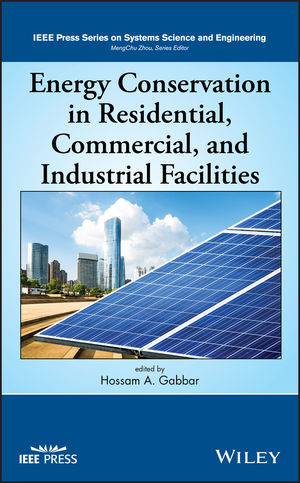Realizing that your organization needs, and will benefit from, an energy manager is the first step. However, understanding the true value of what this function can bring to your organization is perhaps the most critical factor to consider when assigning, designing, or redesigning this function.
To maximize the effectiveness of your organization's energy cost-control plan, consider the following when developing your energy manager's work plan.
Other Duties, Benefits
Most energy managers are judged on savings that directly impact the organization's bottom line. Saving is undoubtedly a primary objective for this important role, but upper management must understand and believe in the immeasurable and intangible benefits of having an energy manager.Recognize and reward efforts such as:
- Coordinating new or modified utility services for your facilities;
- Reviewing electric and gas service contracts;
- Forecasting for real estate operating budgets;
- Handling and streamlining utility billing concerns;
- Tracking (and potentially influencing) energy-related regulatory issues;
- Evaluating installation and/or replace- ment of energy-intensive equipment;
- Developing the organization's utility cost allocations by divisions and/or regions; and
- Working on emergency backup, power quality, and other various energy-related issues.
Plan For Cost Avoidance
Pure savings can be generated by negotiating a more advantageous rate with a utility, or by cutting energy usage (and therefore costs) through the identification of energy-efficient applications. On top of these savings opportunities, be sure that your energy manager's work plan also recognizes and rewards cost avoidance.Less tangible and harder-to-measure cost avoidance can be best described by the following example.
New to the position, an energy manager of a multisite property management firm recently discovered that a regional facility manager within his organization had signed a contract for competitive electric supply. Knowing that the energy marketer involved in this deal was under investigation for fraud by the corresponding state's attorney general, the energy manager intercepted and, fortunately, nullified the contract.
In this case, the property management firm clearly avoided significant headaches, damage-control workhours, and expenses. Although it would be impossible to calculate exact figures on what overall costs were avoided, it is important that your energy manager's work plan recognize the importance of such efforts.



